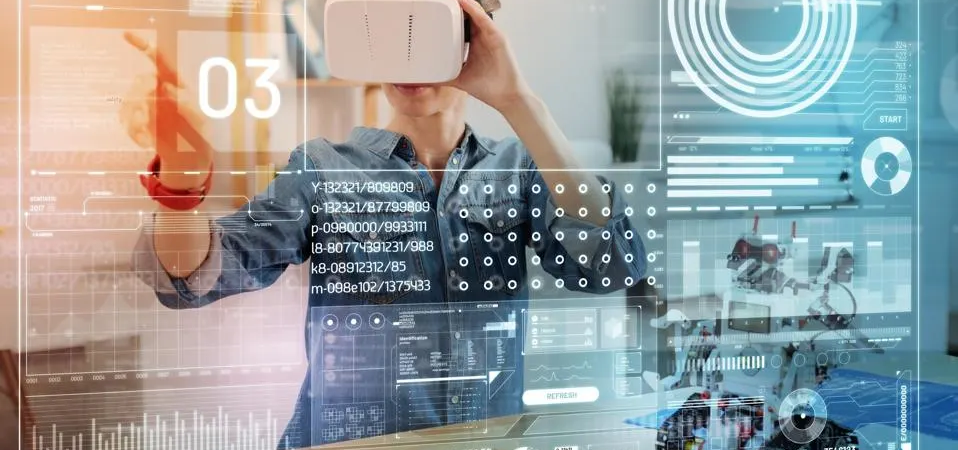Predicting the biggest technology trends for the next decade involves considering current advancements and emerging fields. Here are some key trends expected to shape the technology landscape over the next ten years:
1. Artificial Intelligence and Machine Learning:
- Generative AI: AI models that can create content, such as text, images, and music, will continue to advance, leading to more sophisticated applications in creative industries and beyond.
- AI Integration: Increased integration of AI into everyday devices and services, enhancing automation, personalization, and decision-making processes.
2. Quantum Computing:
- Computational Power: Advances in quantum computing could revolutionize fields like cryptography, material science, and complex problem-solving by providing unprecedented computational power.
- Commercialization: Efforts to make quantum computing more accessible and practical for businesses and researchers will likely intensify.
3. 5G and Beyond:
- Network Expansion: The rollout of 5G networks will enhance connectivity and enable faster, more reliable internet services. Research into 6G technology will begin, promising even greater speeds and connectivity.
- IoT Growth: Enhanced network capabilities will facilitate the growth of the Internet of Things (IoT), with more devices becoming interconnected.
4. Extended Reality (XR):
- Virtual Reality (VR) and Augmented Reality (AR): Continued development in VR and AR will lead to more immersive experiences in gaming, training, remote work, and education.
- Metaverse Development: The concept of the metaverse, a collective virtual shared space, will evolve, with more robust platforms and applications emerging.
5. Blockchain and Decentralized Technologies:
- Smart Contracts: Blockchain technology will continue to advance, with smart contracts and decentralized applications (dApps) becoming more prevalent in sectors like finance, supply chain, and legal services.
- Digital Currencies: The rise of central bank digital currencies (CBDCs) and the maturation of cryptocurrencies will reshape financial systems and transactions.
6. Biotechnology and Health Tech:
- Personalized Medicine: Advances in genomics and biotechnology will lead to more personalized and targeted medical treatments and diagnostics.
- Wearable Health Tech: Continued development of wearable devices that monitor health metrics and provide real-time data for proactive health management.
7. Sustainable Technology:
- Green Tech: Innovations aimed at reducing environmental impact, such as renewable energy technologies, energy-efficient devices, and sustainable materials, will become increasingly important.
- Circular Economy: Technologies supporting recycling, reuse, and waste reduction will gain prominence in efforts to create a more sustainable economy.
8. Autonomous Systems:
- Self-Driving Vehicles: Progress in autonomous driving technology will advance, potentially leading to widespread adoption of self-driving cars and trucks.
- Drones and Robotics: Enhanced capabilities in drones and robotics will impact industries ranging from logistics to agriculture and healthcare.
9. Edge Computing:
- Data Processing: Edge computing will become more critical as the need for real-time data processing and reduced latency grows, particularly with the expansion of IoT devices.
10. Cybersecurity:
- Enhanced Security Measures: As cyber threats become more sophisticated, advancements in cybersecurity technologies, including AI-driven security solutions and more robust encryption methods, will be essential to protect data and systems.
These trends represent a broad overview of where technology is headed, though specifics can evolve based on breakthroughs, regulatory developments, and societal needs.



